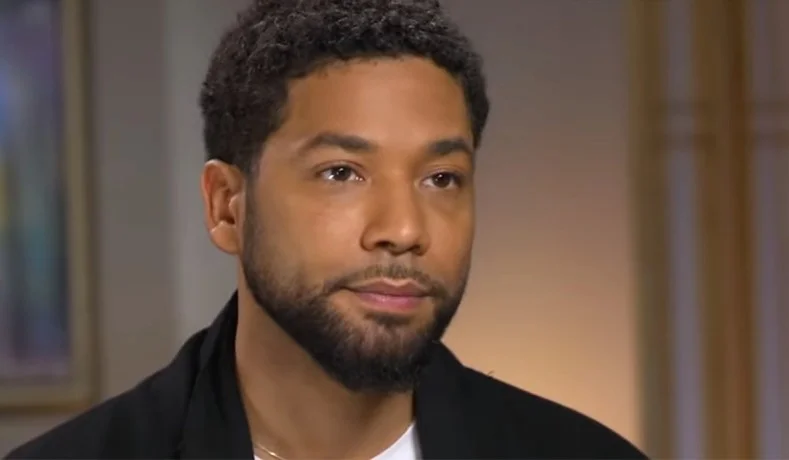When I first heard of the alleged attack on Jussie Smollett, my immediate reaction was one of sympathy because I believed his story. It didn't cross my mind that he could have been the mastermind behind the attack because who would do such a thing? I also believed him because hate crimes sadly still do happen in this country. Back on January 29th, Jussie Smollett told police “two men who were "yelling out racial and homophobic slurs" assaulted him on January 29. He said one attacker put a rope around his neck and poured an unknown chemical substance on him...one attacker said to him, "This is MAGA country n****r." Subsequently, two brothers, who were extras on Empire, Olabinjo and Abimbola Osundairo, were arrested in connection to the alleged attack but were then released. While some people reacted with outrage and sympathy towards Jussie, other people questioned his story from the beginning. As a result, they faced backlash for not immediately accepting the story. This story brings to light an important question, are we allowed to publicly doubt?
Shortly after news broke of the alleged attack, Vibe Magazine published an article entitled “Op-Ed: Straight Black Men’s Silence On Jussie Smollett’s Homophobic And Racist Attack Is Dangerous.” The article drew attention to the radio silence of Black men in particular on the alleged attack. The silence of Black men was interpreted as lack of support and some faced backlash as a result. There were plenty of people who doubted Jussie’s story, some came from a good place and some didn't. Political Commentator Kmele Foster was skeptical about the alleged attack, stating "two in the morning, almost the coldest night of the year, you were attacked and someone who conveniently had a rope? My heart goes out to anyone who gets attacked, but it's totally appropriate to exercise a bit of skepticism and to exercise a bit of patience in waiting for the facts to develop around this story."
Indeed, as the story developed evidence was released showing possible holes in the actor’s story - footage of the brothers purchasing the materials used during the alleged attack, suspicious text messages and phone calls between Jussie and the brothers. All of this mounting evidence had some of us who did immediately believe Jussie begin to shift sides. It also proved that those who were hesitant to believe the actor’s story were valid in doing so. It brings me back to my original question, are we allowed to publicly doubt? We can see from this example that yes, people are allowed to publicly doubt but not without backlash and that should change. In today's “fake news” media, healthy skepticism is indeed warranted.
If he is found guilty, Jussie faces up to three years in prison. Jussie has yet to confess and instead a statement was released on his behalf stating “Mr. Smollett is a young man of impeccable character and integrity who fiercely and solemnly maintains his innocence and feels betrayed by a system that apparently wants to skip due process and proceed directly to sentencing.” The key takeaway for me is that the first-day story is never the whole story. Therefore, a bit of healthy skepticism shouldn't be condemned. In fact, everyone (no matter what side you're on) has a right to healthy skepticism because the story is still developing.
Regardless of the final outcome, I think that there has been a lot of damage done. The debate that is forming could very well have serious repercussions for future survivors of hate crimes. But I hope that we will still be willing to listen and believe survivors when they speak out about the injustices done to them. What are your thoughts on this topic? Let us know in the comments below!

